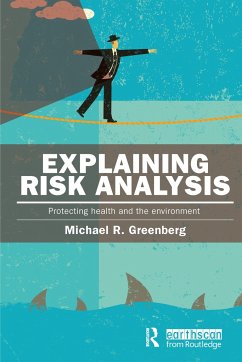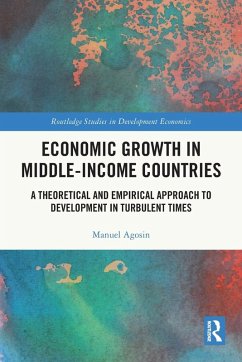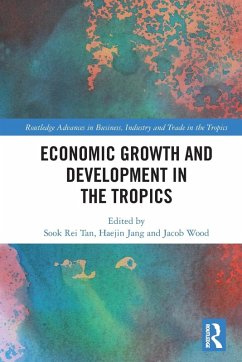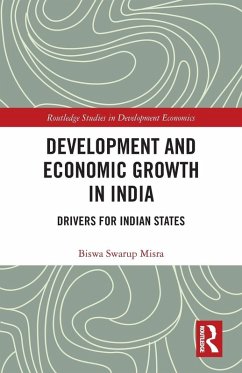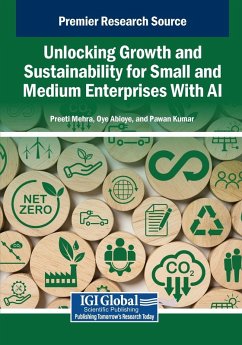
Disaster Risk Reduction for Economic Growth and Livelihood
Investing in Resilience and Development
Herausgeber: Davis, Ian; Georgieva, Kristalina; Yanagisawa, Kae
Versandkostenfrei!
Versandfertig in 1-2 Wochen
65,99 €
inkl. MwSt.

PAYBACK Punkte
33 °P sammeln!
This book addresses how to move towards sustainable development and enhanced resilience against natural disasters. Stressing the economic aspects of disasters, the book proposes both mitigation and adaptation measures and how they can be applied to minimize the impacts of disasters in a variety of situations. With this focus, the book starts with a call for more investment in mitigating the impacts of natural hazards, goes on to propose additional adaptive measures against growing uncertainties, and proceeds to present enablers for making effective environmental and economic policies.






